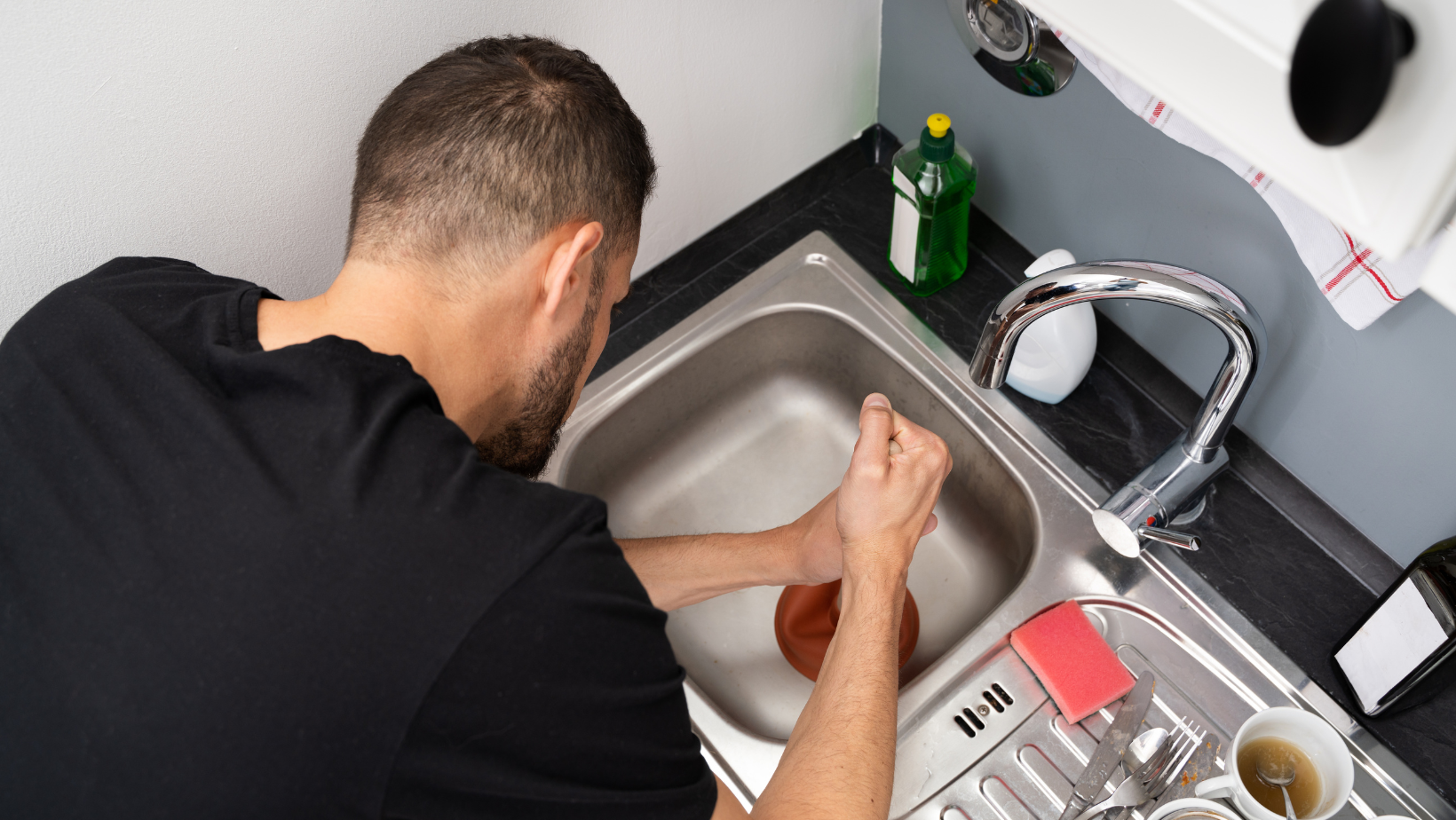
Blocked Drains? How To Prevent Them Clogging in the Long Term
Drainage systems play an important role in our homes, hotels, offices, and other buildings. They help to dispose of excess water and waste hygienically. However, many people give little thought to the care and maintenance of their drains. As long as the water is flowing from the sink or bathroom, they assume everything is fine. However, this can lead to problems over time. Therefore, you must know how to take care of your drains properly.
By following a few simple tips, you can avoid blocked drains. This will keep your family or tenants safe and free from potential problems.
Use a strainer over the drains
This is a simple but effective way to prevent blocked drains. The filter catches food debris, hair, soap, and dirt before entering the drainage system, saving you time and money on calling in a plumber to remove blockages. Strainers are available in various sizes, so measure your drain hole before purchasing one.
Don’t wash oils or fats in the kitchen sink
To avoid a potential blockage in your drainage pipes, you mustn’t let oils and fats run down the drain. These liquids quickly solidify and stick to the walls of the pipes, trapping more waste. Instead, you can use a grease trap or glass jar to dispose of your waste fat and oil products.
These are other foods you shouldn’t dump down the drain and why they can cause problems:
Rice: If you’ve cooked rice, you know that wet grains can swell and clump together. These clumps can easily block your pipes. So avoid putting uncooked and cooked rice down the drain.
Eggshells: If you thought eggshells were harmless, you’re wrong. These delicate items can do a lot of damage to your pipes and septic tank. When they get wet, eggshells can become sticky and coat your pipes. When this coating hardens, it can be tough to remove.
Coffee grounds: it’s undisputed among plumbers that coffee grounds are one of the leading causes of drain blockages. To avoid clogged drains, empty coffee grounds into the garbage before washing cups and mugs. Coffee grounds are great for compost too.
Bones: Never try to dispose of small bone splinters by flushing them down the drain. Instead, scrape them off used plates and add them to the compost pile.
Don’t flush hygiene products
Throwing away baby diapers, feminine hygiene products, absorbent cotton, and wipes down the toilet can cause big problems. You shouldn’t flush these items down as they can clog drains and cause serious damage. It could be so severe that you might need Sewer Replacement to correct this mistake. It’s better to throw them in the bin.
Avoid pouring chemicals down the drains
Harmful chemicals such as paints, solvents, and used motor oil can cause drain pipes to corrode and cause significant damage. You must properly dispose of these substances according to local environmental laws.
Keep drain pipes clear
As water and nutrients flow out of the pipes, it’s only natural for roots to grow toward them. However, when roots find a leak, they can quickly lead to clogs and burst pipes, causing severe headaches for homeowners.To avoid root damage to your drainage system, don’t plant trees too close to the system. This will also reduce the likelihood of falling leaves clogging your drain lines.
There are several ways to prevent roots from growing into sewer pipes. One is to use slow-release chemicals, such as copper sulphate or potassium hydroxide. Another is to bury metal or wooden barriers deeper than the pipe and install them vertically next to the sewer line.
If you want to avoid costly repairs, it’s important to keep your sewer lines clean and clear. Regular maintenance prevents tree roots and other obstructions from growing into the pipes. Sewer line maintenance usually involves running a cable through the pipe to remove blockages or obstructions. This also cleans the pipe so that it’s free of debris.
When should you call a plumber?
If your pipes are backed up or there’s a foul smell from your drains, you may need to call in a local plumber. Drains aren’t something to mess around with: Without the proper training and expertise, there are too many complications and dangers.
When it comes to plumbing problems, it’s important to know if a quick fix will suffice or if the problem is more serious. There are many online do-it-yourself videos and tips, but it’s not always easy to know which ones will help solve the problem. Sometimes, trying to fix the problem can make the situation worse. To avoid costly mistakes, it’s best to leave complex plumbing jobs to the professionals.
To know more, you can also check: https://allserviceplumbers.com
